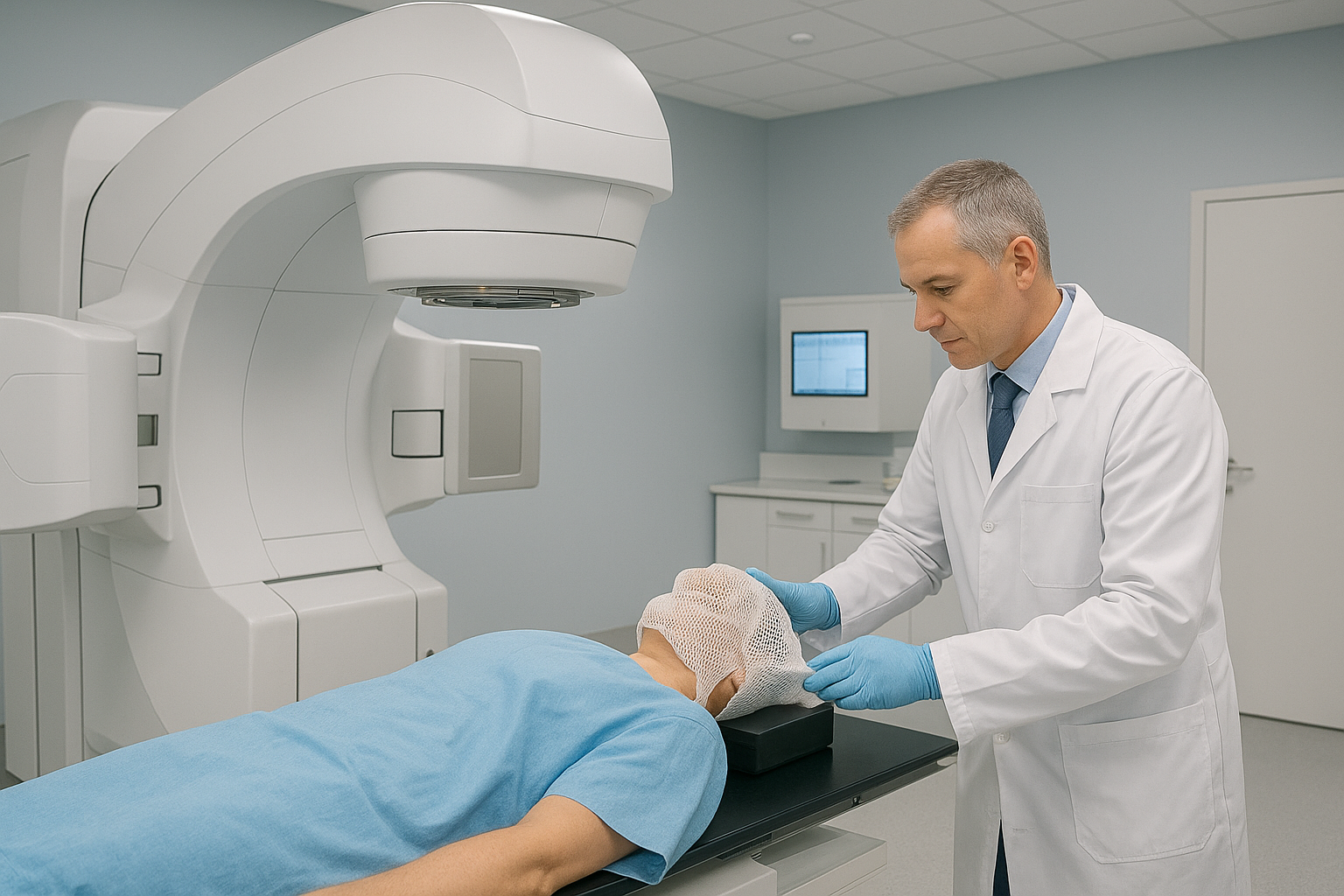A New Hope in Cancer Care
A widely used non-surgical method radiofrequency ablation (RFA) is emerging as a powerful alternative to traditional cancer surgeries, offering patients a less invasive treatment with quicker recovery and minimal complications.
What Is Radiofrequency Ablation?
Radiofrequency ablation is a medical technique where heat generated through electrical currents is used to destroy cancerous cells. It has been commonly used in heart procedures and pain management, but doctors are now increasingly applying it in cancer treatment, especially for tumors in the liver, kidneys, lungs, and bones.
The Latest Breakthrough
Doctors across leading cancer institutes in India have reported successful outcomes in patients where surgery was either risky or not possible. According to medical professionals:
- RFA offers minimal blood loss compared to open surgery
- Patients recover faster, often being discharged within 24 hours
- It is particularly beneficial for elderly or high-risk patients who cannot undergo general anesthesia
Expert Opinions
Dr. Ajay Sharma, an interventional oncologist (quoted from news sources), said that RFA has shown survival rates comparable to surgery in specific cancer types. He added, “For select patients, this can be a game-changer, especially when surgery is not advisable. It destroys tumors precisely without damaging surrounding tissues.”
Why This Matters
India faces a growing number of cancer cases every year, but not all patients can afford major surgery or withstand its side effects. Radiofrequency ablation brings:
- Cost-effective care
- Shorter hospital stays
- Better quality of life post-treatment
This technique may help bridge the gap between treatment availability and accessibility.
What Comes Next?
Medical experts believe RFA could soon become a standard part of multidisciplinary cancer therapy, alongside chemotherapy and radiation. Research is ongoing to test its effectiveness in treating more complex tumor types.
Final Word
While radiofrequency ablation is not a complete replacement for surgery, it is fast becoming a reliable alternative for select cancer patients especially those seeking minimally invasive treatment and faster recovery.



